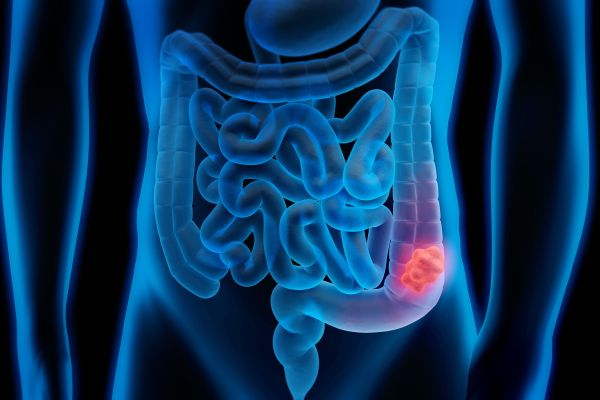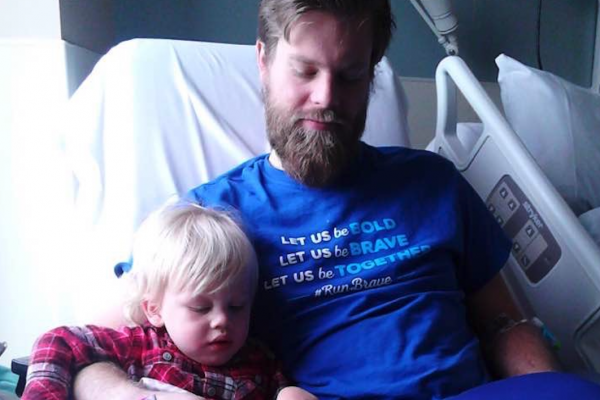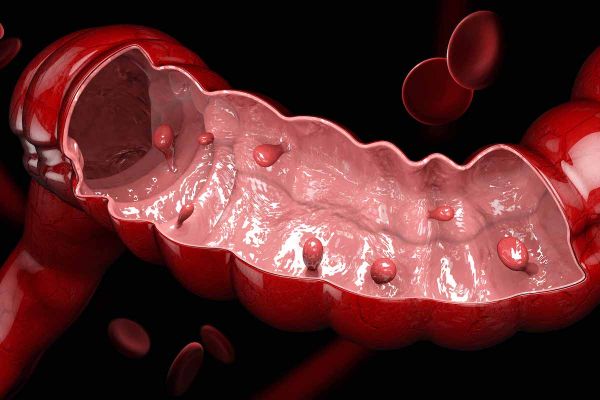This year, there will be over 100,000 new cases of colorectal cancer diagnosed in the United States, so I want to educate the public on some preemptive steps and lifestyle changes that can successfully alter the development of this disease. In order to make healthy changes in your life, it’s important to recognize the culprits.
A study in Denmark, published in the British Medical Journal, followed a large number of the population for their incidence of developing colorectal cancer with specific attention to lifestyle factors. The 55,487 men and women aged 50-64 that were studied, had not been previously diagnosed with colorectal cancer. After following them for nearly a decade, 678 people with unhealthy habits developed colorectal cancer. Below are five main factors that lead to their diagnosis and should be avoided:
- High-fat diet: Colon cancer and rectal cancer may be associated with a diet low in fiber and high in fat and calories. There may be an increased risk of colon cancer if you eat a diet high in red meat.
- A sedentary lifestyle: If you are inactive, you're more likely to develop colon cancer.
- Obesity: If you are obese, you have an increased risk of colon cancer and an increased risk of dying of colon cancer when compared with people considered normal weight.
- Smoking: If you smoke cigarettes you may have an increased risk of colon cancer as well as other cancers.
- Alcohol: Heavy use of alcohol may increase your risk of colon cancer.
Making healthy choices and reducing or eliminating the five main culprits could reduce your risk for developing colorectal cancer by 23 percent. The study reveals that even modest differences in lifestyle could have a substantial impact. It’s never too late to improve your well-being. Below are five healthy lifestyle recommendations to ward off cancer:
- Eat a healthy diet: A diet that includes dietary fiber, at least 600 grams (3 cups) of fruit and vegetables a day, and no more than 500 grams (just over one pound) of red and processed meat a week, and less than 30 percent of total calories derived from fat.
- Exercise: At least 30 minutes a day of exercise can help reduce your risk for cancer.
- Stay trim: Keep waist circumference below 35 inches for women and 40 inches for men.
- Don’t smoke: Contact the NYS Smokers’ Quitline at 1-866-NY-Quits or www.nysmokefree.com for help.
- Limit alcohol: Don’t consume more than 7 alcoholic drinks per week for women and 14 alcoholic drinks for men.
In addition to maintaining a healthy lifestyle, screening for colorectal cancer is the key to prevention. If the screening guidelines were rigorously adhered to, almost all of colorectal cancer cases could be caught in the early or precancerous stages. Unless you’re at higher-than-average risk for colon cancer, you should begin regular colonoscopies at age 45. Your personal and family history will determine the frequency. In addition, if you notice any signs or symptoms of colorectal cancer, consult your physician immediately.



